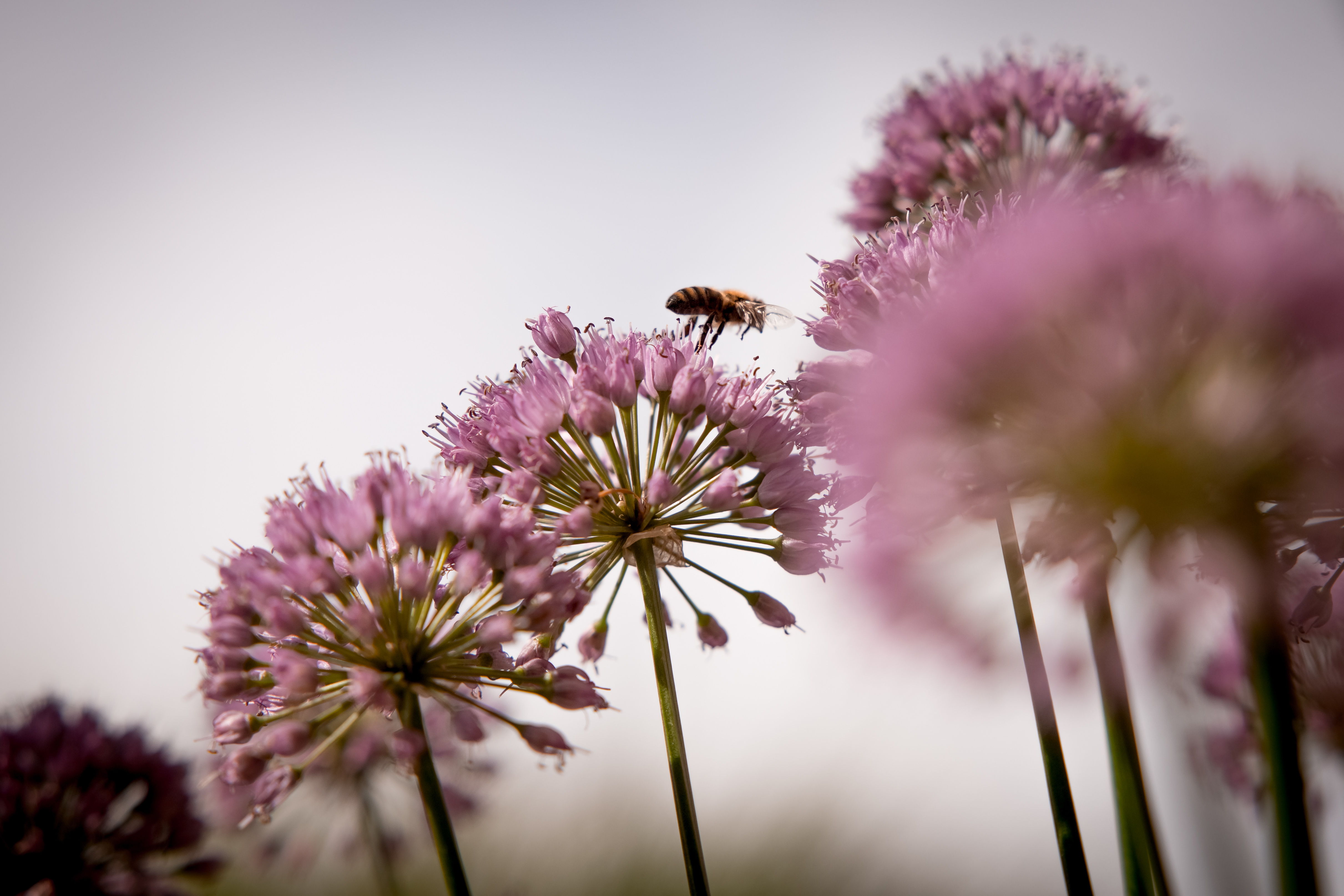European Parliament definitively adopts Nature Restoration Law

Despite efforts from far-right and national conservative EU lawmakers, the Nature Restoration Law was approved by the EU parliament on Tuesday in Brussels.
Resistance from the European People's Party (EPP) (the largest group in the EU Parliament), right-wing groups ECR (of which the N-VA is a part) and ID (with Vlaams Belang) was to no avail. The Nature Restoration Law passed the vote with 329 in favour, 275 against and 24 abstentions.
On Tuesday morning, the chairman of the EPP, Manfred Weber, announced that his group would still vote against the agreement. "The EPP group is fully committed to the (fight against) climate change and to biodiversity goals, but this law imposes additional bureaucratic rules on our farmers," he explained.
What the law entails
The Nature Restoration Law aims to slow down and restore the decline of European nature. By 2030, restoration measures must be introduced in at least 20 per cent of Europe's land and sea areas and extended to all ecosystems where repair is needed by 2050. It establishes obligations and targets on different fields of action, such as farmlands, pollinators, rivers, forests and urban areas, to gradually reverse the environmental damage caused by climate change and unchecked human activity. By 2030, at least 30 per cent of the habitat types covered by the new law must be restored to good condition, 60 per cent by 2040, and 90 per cent by 2050.
Farmers' protests
Last year, the law became the centre of opposition by conservative parties when they warned that it would impact European farmers' livelihoods, drive up consumer prices, and disrupt supply chains.
However, the European Commission, left-wing groups, NGO's and climate scientists countered these arguments by insisting that restoring nature was compatible with economic activity. "Only if our farmers can live off the land will they invest in the future. And only if we achieve our climate and environmental goals together will farmers be able to continue to make a living," said Ursula von der Leyen, the EC president.
As farmers continue to protest across Western Europe, they argue that the measures proposed, including restrictions on pesticide use and land management, jeopardise their economic survival. The escalation of their protests resulted in broken police barricades and fires in Brussels on Monday when 900 tractors descended on the capital.
A divided stance
Reactions to the verdict were predictably mixed. Sara Matthieu (Green) was satisfied, saying, "European nature is rapidly disappearing and cannot tolerate a pause button, as conservatives and the agro-lobby claim. Common sense has won."
Whereas Tom Vandenkendelaere (CD&V) warned of a "nitrogen crisis XXL". "Now that the law has been given the green light, I am seriously concerned about the further impact of this legislation on Flanders," he continued. "Putting even more nature under the strongest possible protection, together with a legally shaky ban on deterioration, could shut down our entire economy." Vandenkendelaere, who announced in advance that he would follow the EPP vote, said the impact studies commissioned at the request of the Flemish government also show this.
Now that the European Parliament has spoken, it is up to Member States to provide final approval. Hilde Vautmans (Open VLD) calls on the Council to use its "common sense", in this case, to vote against, while Flemish MEP Mieke Schauvliege, calls on the Flemish government to be in favour of the agreement. "A new abstention by Belgium is completely unacceptable. I call on Flanders to once again provide oxygen to biodiversity, the climate, the population, agriculture and our economy," she said.
©BELGA PHOTO DAVID PINTENS
Related news

